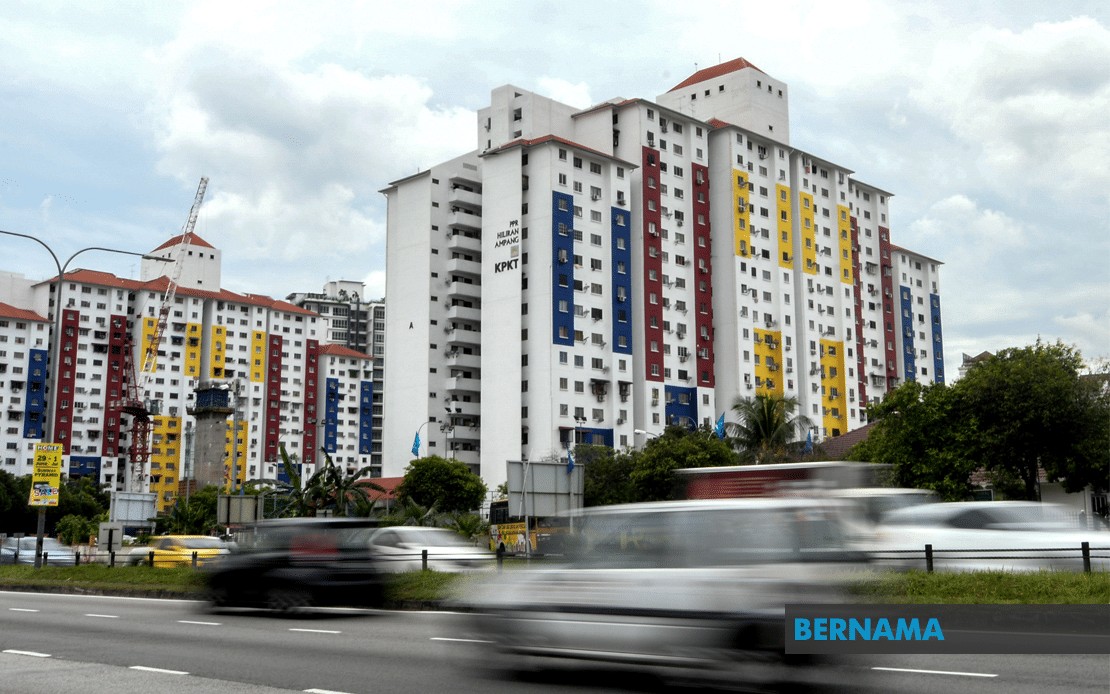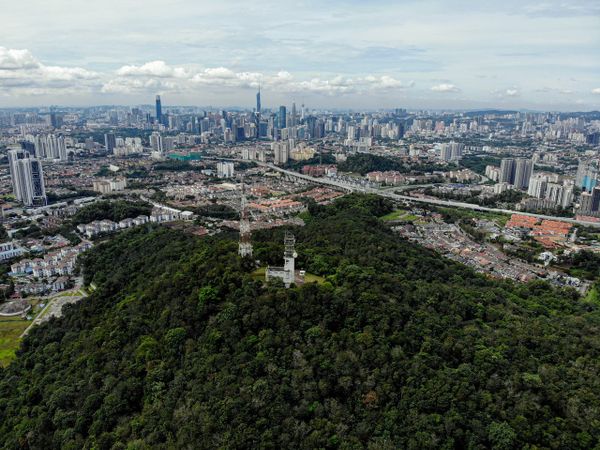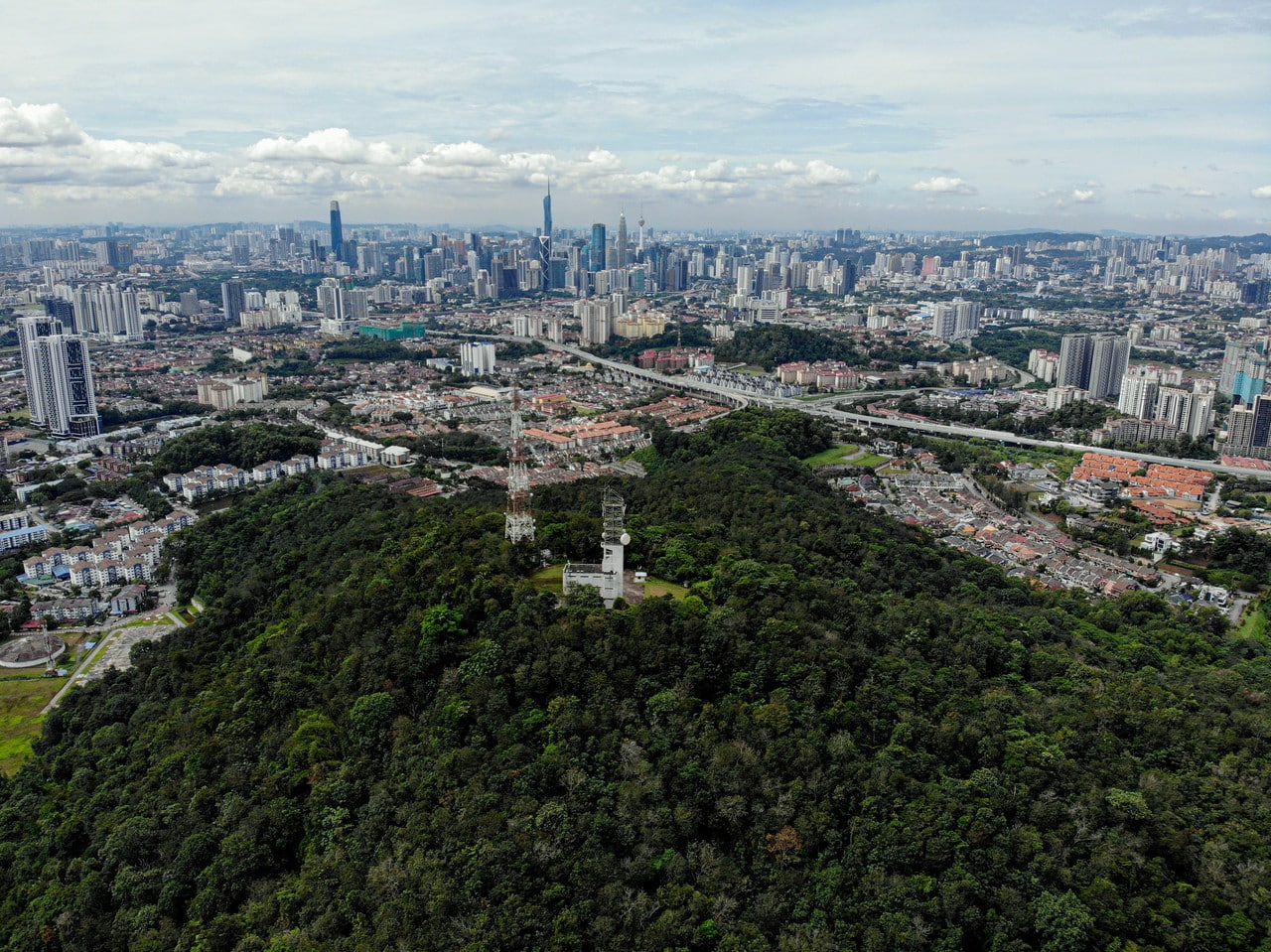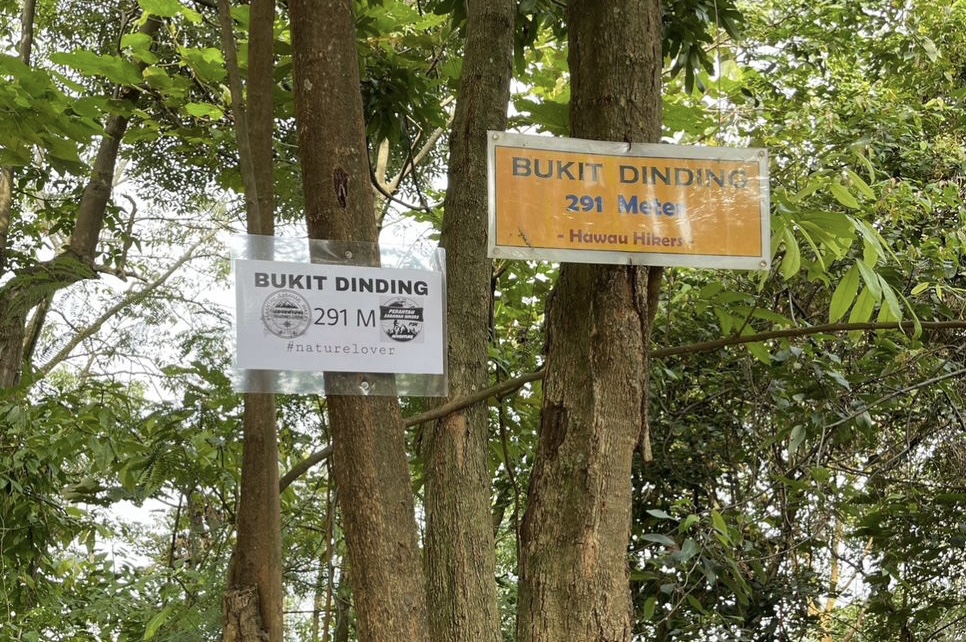By Amar Shah Mohsen
KUALA LUMPUR, Aug 26 — The government has submitted applications to gazette parts of Bukit Dinding and the Pulai Trail here as new permanent forest reserves, the Dewan Rakyat was told today.
Minister in the Prime Minister’s Department (Federal Territories) Datuk Seri Dr Zaliha Mustafa said for Bukit Dinding, the Federal Territories Forestry Department is seeking to gazette 20.57 hectares.
She said the application status was deliberated by the Federal Territory Land Works Committee, which met in March.
“The Kuala Lumpur Land and Mines Office (PTG) has also submitted a draft notice to the Attorney-General’s Chambers (AGC) proposing the cancellation of the existing reserve land."
As for the Pulai Trail, Dr Zaliha said an application has been submitted to the Kuala Lumpur PTG in May to gazette five hectares as a permanent forest reserve.
“These are in addition to the most recent gazettement of a permanent forest reserve in 2021, namely the Sungai Besi Forest Reserve, covering 23.83 hectares.”
Dr Zaliha was responding to a supplementary question from Bentong MP Young Syefura Othman on whether the ministry has plans to expand the forest area in Kuala Lumpur to improve air quality.
No moratorium on KL housing projects

On the original question by Young Syefura on whether the government intends to impose a moratorium on residential projects in Kuala Lumpur, with the city centre projected to reach peak population in 2031, the minister said such a move, if implemented, would have far-reaching implications.
These include reducing Kuala Lumpur’s gross domestic product (GDP), which relies heavily on the construction sector and property-related services, as well as lowering City Hall’s (DBKL) revenue collection from development-related fees.
"Property prices and rental rates are also expected to increase, causing the displacement of the B40 and M40 groups to the outskirts of the city.
“In reality, the need for housing in Kuala Lumpur will remain until 2040, with the city’s population projected to reach 2.35 million, requiring around 782,000 housing units," Dr Zaliha said, adding that 40 per cent of these properties will be affordable homes.
Dr Zaliha said DBKL has also proposed the implementation of a more structured residential planning system, emphasising land use zoning and development intensity levels, including in the Transit Planning Zone (TPZ) and Transit Influence Zone (TIZ).
Through this approach, she said every development can be aligned with the capacity, function, and role of the respective area, thereby negating the need for a moratorium.
“DBKL is also implementing data-driven development control and capacity-based planning, which are more effective compared to a moratorium.
"This ensures controlled and sustainable urban growth by encouraging transit-oriented redevelopment, curbing unplanned urban sprawl, and continuously assessing the capacity of infrastructure and public facilities.”



